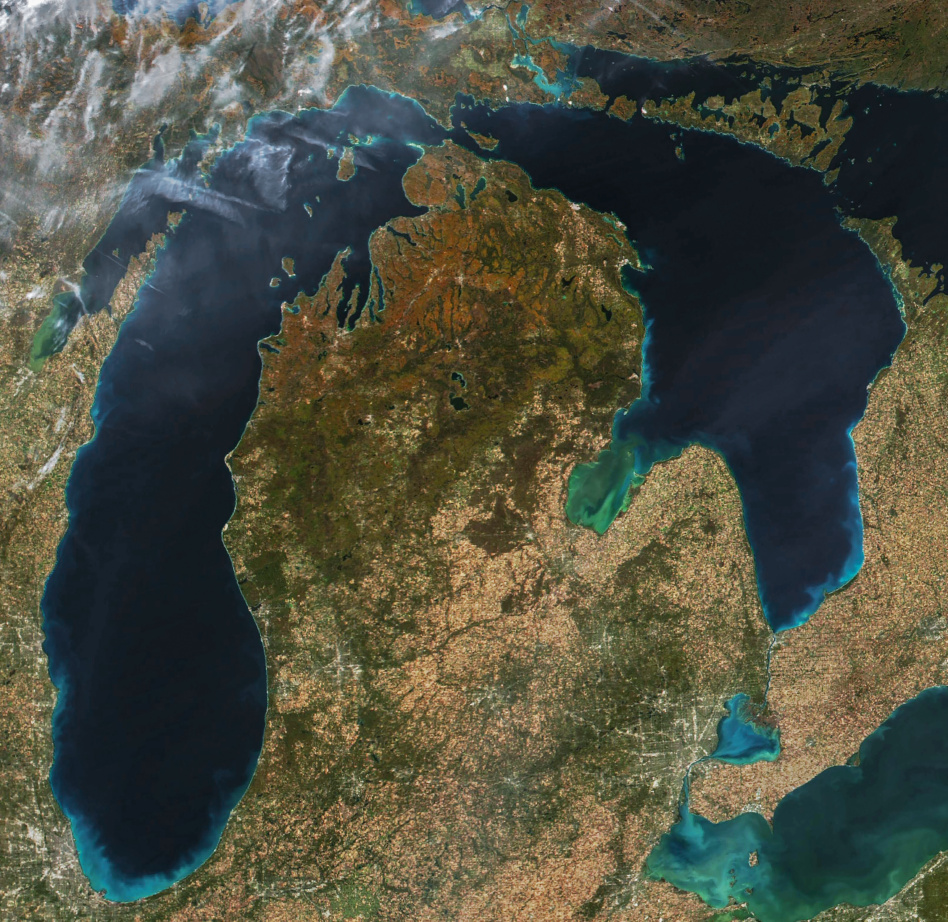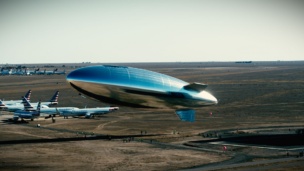NASA and Microsoft are working together to make NASA’s vast Earth science data set more accessible with an AI-powered tool called Earth Copilot.
The partnership, which will rely on a customized version of Microsoft’s Azure Open AI platform, supports NASA’s broader effort to democratize data access. The initiative aims to remove technical barriers to encourage a more diverse audience to explore the agency’s data.
“Whether you have the technical background or don’t, you should be able to benefit from this data,” Juan Carlos López, a former NASA employee who now works as an Azure Specialist, NASA at Microsoft, told Payload.
Why AI? NASA has 100 petabytes of data from Earth—a number that’s expected to skyrocket to about 300 petabytes in the next few years according to López.
“[NASA] has this problem that they acknowledge which is that…it’s difficult to navigate the volume and complexity of the data that they have, and they saw AI as a potential solution,” López told Payload. “That was the genesis of this partnership.”
Diverse applications: While Earth Copilot’s primary audience is scientists, the platform will also be useful to a variety of sectors, such as education and policymaking.
“Educators and teachers can use real-world examples to engage students in Earth Science, fostering curiosity and encouraging the next generation of scientists and engineers,” Microsoft VP Tyler Bryson said in a statement. “Policymakers can leverage the data to make informed decisions on critical issues like climate change, urban development and disaster preparedness, ensuring they have the most accurate information at their fingertips.”
Looking ahead: NASA’s Earth Copilot is available now to NASA scientists and researchers for testing. The NASA team will explore how to integrate this capability into NASA’s Visualization, Exploration, and Data Analysis platform only after this initial period of internal evaluations and testing to ensure the AI data is accurate and can’t be misused, Bryson said.
López hopes the AI-focused partnership with NASA will potentially expand to other space exploration and NASA missions.
“NASA is an agency that inspires people around the world, and they are doing significant work collecting data for our planet,” said López. “Being able to bring AI capabilities from Microsoft to make that data more accessible is something that has a lot of potential…and we are really excited to be a part of that.”





